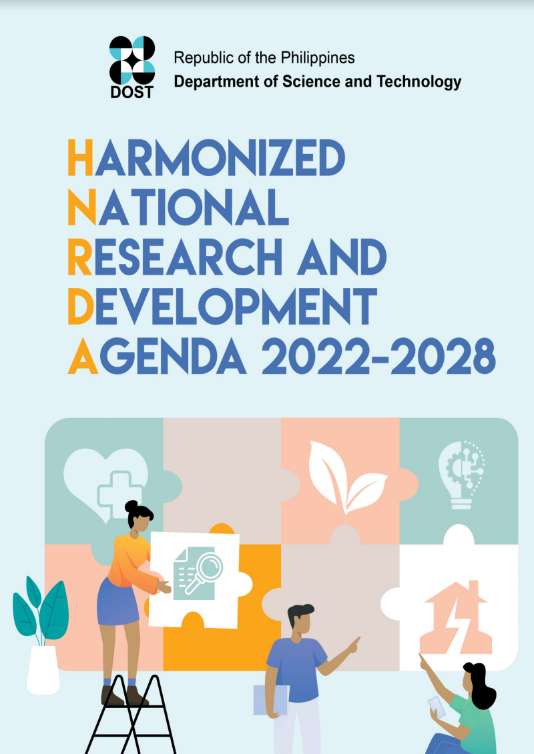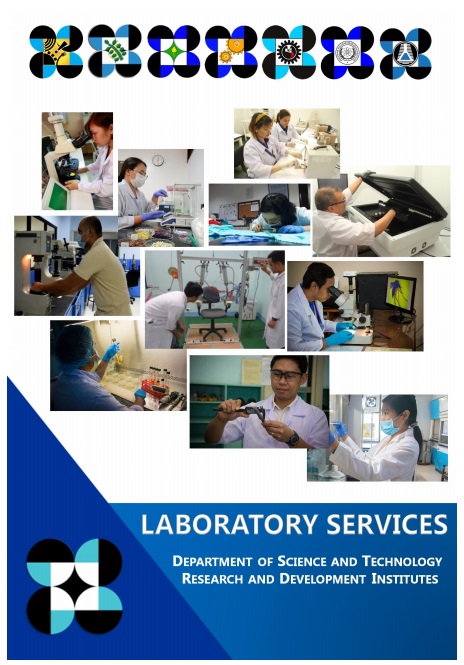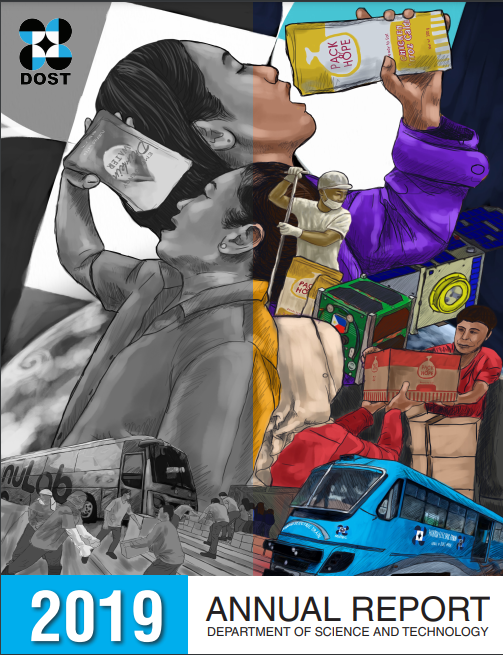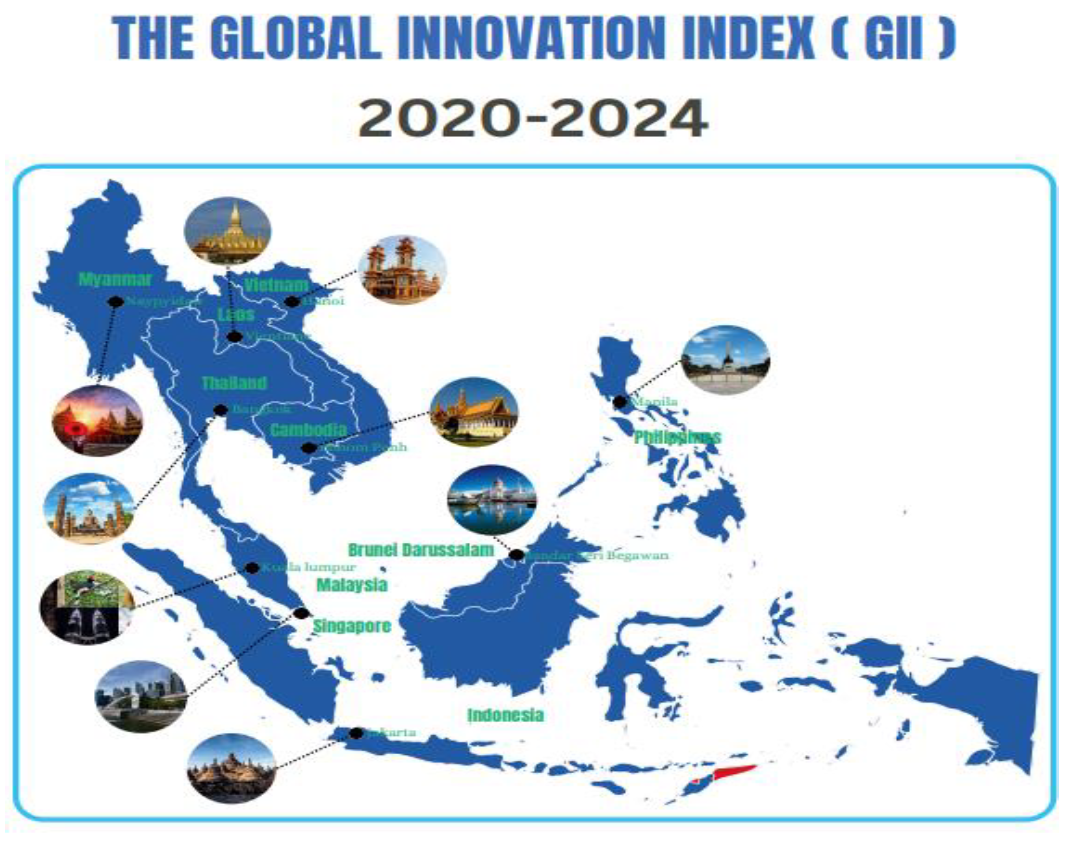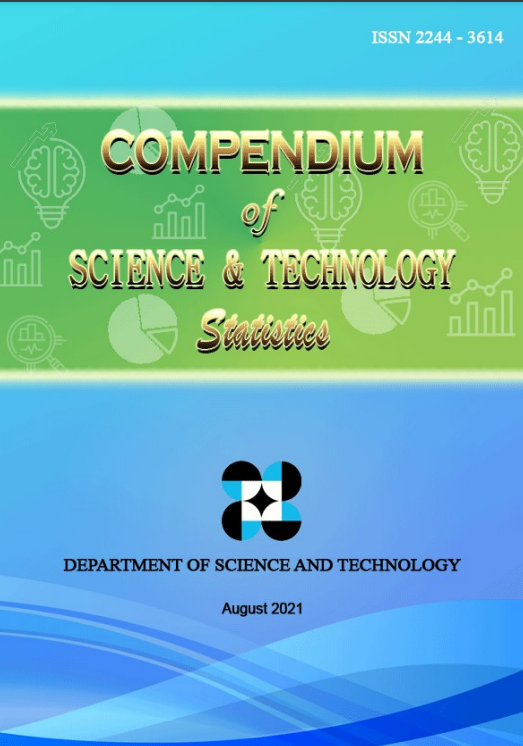DOST’s courseware project nominated in ISIF Asia awards
- Details
- Hits: 4028
The Department of Science and Technology’s (DOST) courseware project for elementary students is currently nominated for the 2013 Information Society Innovation Fund (ISIF) Asia Awards. Designed by DOST’s attached agencies, the Science Education Institute (SEI) and Advanced Science and Technology Institute (ASTI), the project nomination can be viewed and voted on at http://isif.asia/projects/projects/view/346.
Titled "Technology Package for Student Learning Empowerment: Mathematics Courseware for Tablet PC," the project is entered under the ”Innovation on learning and localization” category of the ISIF Asia Awards which acknowledges the important contributions of ICT innovators to the social and economic development of the Asia Pacific region.
In addition to selecting a winner per category, a Community Choice Award will be conferred to the project with the best social media campaign. Thus the DOST invites the public to visit the said webpage and vote online for the DOST-developed courseware.
The project seeks to contribute to the improved delivery of educational content especially in the primary education, and consequently, to the improvement of the quality of Philippine education. By utilizing efficient and affordable innovations in ICT, the students are better able adapt to new ways of learning in this information age.
The courseware is composed of ten lessons in Grade 1 mathematics with 16 activities, fixing skills, and evaluation that involves animated interactivities aimed at engaging pupils in fun ways of learning. Local talents such as highly-skilled graphic artists and programmers were tapped to develop the program.
Pilot testing of the courseware involved the deployment of tablet computers to ten selected elementary schools in the country, for which various metrics were used to measure the tools’ effectiveness. To identify the schools to be involved in the pilot testing, a National Steering Committee was created composed of key representatives from DOST, SEI, ASTI, Philippine Council for Industry, Energy and Emerging Technology Research and Development which is another DOST agency, Department of Education, UP National Institute for Science and Mathematics Education Development, and the Ateneo de Manila University.
The project also provided training for teachers as part of the pilot test deployment and first-level support for deployed units. For more information, please visit their site at http://isif.asia/home. Last day for online voting is on June 26, 2013. (By Josephine S. Feliciano, S&T Media Service, DOST- SEI)
DOST’s brown rice program promises a healthier option
- Details
- Hits: 16407
Brown is beautiful… and healthy!
This may as well be the battlecry of the Department of Science and Technology (DOST) as its attached agency, the Food and Nutrition Research Institute (FNRI), leads a nationwide campaign to make sure brown rice is served by more Filipino households as a staple food and promote it as a healthier option to white rice.
Brown rice, one of DOST’s solutions to address food security, will be one of the featured products at the National Science and Technology Week to be held July 23-27 at the SMX Convention Center at the SM Mall of Asia in Pasay City.
During a consultative meeting on DOST Brown Rice Program conducted by the National Academy of Science and Technology (NAST), DOST’s advisory body, NAST President William G. Padolina stressed the importance of the program to achieve self-sufficiency in rice production as well as its consequent health and economic benefits to farmers and consumers.
Brown rice is any variety of rice that has been dried, cleaned and milled with only the husk removed while leaving the rice kernel coated with bran layer. White rice on the other hand, undergoes a second milling process that removes the bran layer, and is thus referred to as “polished rice.”
The bran layer and the germ are very rich in nutrients like fiber, minerals, vitamins B (thiamine) and E that prevent beri-beri and protein.
“Brown rice is rich in minerals like selenium and manganese and high in fiber content. Also it is a good antioxidant that can reduce risk of cardiovascular diseases,” said Padolina.
Studies conducted by FNRI showed the many benefits of eating brown rice compared to white rice.
Dr. Mario V. Capanzana, FNRI director, said that a shift to eating preferences in favour of brown rice could significantly contribute to lowering incidence of malnutrition among children. “Brown rice is recognized as food combating malnutrition but unfortunately few people use it due to longer cooking time and availability in the market,” revealed Dr. Capanzana.
However, Dr. Manuel Jose C. Regalado, deputy executive director for research at the Philippine Rice Research Institute (Philrice), said that around 25% of retail sales in rice from supermarkets and hypermarkets come from brown rice.
FNRI continues to conduct researches to make brown rice more acceptable to the buying public.
Among these is a study on improving the shelf life of brown rice from a maximum of three months to about five to nine months. The study was presented during the NAST consultative meeting by Engr. Rosemarie G. Garcia, senior science research specialist from FNRI.
Another is a study by Aida Mallillin, also of FNRI, on mineral availability, dietary fiber content and fermentability characteristics of optimized brown rice. The said study noted that dietary fiber helps in preventing obesity, diabetes mellitus and possibly cancer.
Both studies involved the use of four rice varieties, namely: RC 160, RC 216, PHB 71 and SL8.
DOST’s genomics research to boost sugar industry
- Details
- Hits: 3422
The Department of Science and Technology (DOST), via the Philippine Genome Center (PGC) and other partners, taps the potentials of genomics to come up with better sugarcane varieties through a research that would help boost the sugar industy and improve the livelihood of 62,000 sugarcane farmers all over the country.
Faster, more effective selection via genomics
Through genomics, scientists in the country aim to produce sugarcane varieties with high sucrose or sugar content, fungal resistance, high tillering and ratooning capabilities. Ratooning is a method of harvesting in which the roots and the lower parts of the plant are left uncut. Out of this stubble, a new crop is grown which matures earlier and gives the same yield.
Scientists also aim to bring down the breeding cycle of sugarcane from seven years, using traditional breeding techniques, to just two years. This is made possible via a method called marker-assisted selection which involves the identification of desirable traits in plants at the early stage of the breeding cycle.
Traditionally, plant breeders select plants based on their visible characteristics. They have to wait for the seedlings to mature to know if these carry the desired characteristics from the parent plants. With marker assisted selection, doing tissue analysis of the seedlings will show whether they contain the desired genes. If not, the breeder can move on to producing other seedlings, thus reducing time and costs in producing a new variety of sugarcane and other plants.
Marker assisted breeding is one application of genomics, or the study of all the genes in an organism and how these genes interact among themselves and the environment. Genomics is one of various emerging technologies promising enormous rewards for different industries, farmers and other workers, and investors. As one of DOST’s main priority initiatives, genomics and its applications in agriculture, health, energy, biodiversity and forensics will be showcased during the National Science and Technology Week (NSTW) on July 23-27 at the SMX Convention Center, SM Mall of Asia.
Aside from sugarcane, PGC also aims to identify markers for bunchy top virus-resistant abaca, drought-resistant eggplant, bananas and others important crops in the country.
Set up in 2009 at theUniversity of the Philippines with initial funding from DOST, PGC is stepping up efforts to increase the country’s capability in genomic research with its new facilities for researchers: the DNA Sequencing Core Facility and the Bioinformatics Core Facility, a dedicated computing facility for analyzing large data from the DNA sequencing facility.
PGC and its technologies will also be featured at NSTW in July. Organized by DOST, the annual event highlights the significant contributions of science and technology (S&T) to national development and serves as a platform for heralding S&T advocacy in the country.
DOST launches dengue alert website
- Details
- Hits: 5735
The Department of Science and Technology (DOST) launched a website that provides information on mosquito population per community, a move that will help curb dengue cases in the country. Through the website, health workers can monitor possible dengue sites and recommend interventions to local government officials.
Called the Dengue Vector Surveillance website, the site carries information on mosquito population nationwide, as well as dengue incidence and other mosquito-related facts. Vector refers to an organism, in this case the Aedes aegypti mosquito, that carries disease-causing microorganisms such as the dengue virus from one host to another.
The launch, held June 20, 2013 at the La Breza Hotel in Quezon City, was on livestream at www.science.ph. Before the launch, Science Secretary Mario Montejo, Education Secretary Armin Luistro, and Health Secretary Enrique Ona will install Ovicidal-Larvicidal (OL) Traps at the Kamuning Elementary School to formally set off the interagency collaborative anti-dengue program which includes the said website, among others.
Dengue mosquito population map
Developed by DOST- Philippine Council for Health Research and Development (PCHRD), the dengue alert website features a map with red and white balloons. Red balloons indicate “alert” which means that the population density of dengue-carrying mosquitoes in a certain area is too much and interventions are needed promptly. Meanwhile, white balloons dotting certain areas mean that the population of the dengue-carrying mosquito is too sparse, or none at all, to cause any dengue incident.
Mosquito population is monitored by schools where OL Traps are installed. The OL trap, developed by DOST-Industrial Technology Development Institute, is a simple, affordable, and efficient tool for controlling mosquito population. An OL trap kit consists of a black container, a lawanit paddle where mosquitoes lay their eggs, and a pack of pellets used to make a solution that kills the eggs and larvae of mosquitoes.
The school-based monitors check on the traps weekly and report to DOST the number of traps that contain mosquito eggs and larvae. The monitors used to do their weekly reports manually by tediously filling up forms. But now the monitors just text their reports which are then automatically encoded to the website.
Navigating the dengue alert website
There are two ways to find out the mosquito density in an area through the website. One way is to hover the mouse over the map and locate the area manually. A balloon will pop out with the name and address of the school, along with dengue status and recommended interventions. Clicking on the school name would yield the line graph showing the indices –or population density—on certain dates. A quick glance on the line direction would show the rise and fall of mosquito population over a certain period. This highly visual indicator can be easily understood, especially by common folks and community leaders, and be used as basis for appropriate action.
Another way is to click on the navigation window with the exact location (region and city) and duration.
Through the weekly updates, public health workers can check out trends and recommend actions to be taken by policy makers and community leaders. This function puts the country one step ahead of the dengue menace, the peak season of which occurs during the rainy months.
Way forward
Aside from the text-based reporting, the dengue alert website is now being designed to integrate with the Program NOAH platform. This means that a visit to the NOAH website will not only give location-specific information on weather and flood but also on dengue alert and status. Further, the information on the website is already printable and can thus be mass-produced for various purposes.
DOST developed the monitoring map project in collaboration with the Department of Education, Department of Health, and Department of Interior and local government units. It can be accessed at http://oltrap.pchrd.dost.gov.ph.
The website shows schools in Metro Manila where OL traps are installed. Clicking on the balloon will show the reported OL trap index and the corresponding recommended action. Areas with an OL trap index greater than 20 percent, marked by red balloons, must be on alert. School authorities and other concerned officials must wage an all-out clean up of breeding places and potential breeding sites, and conduct pest control measures to prevent an imminent dengue outbreak.














